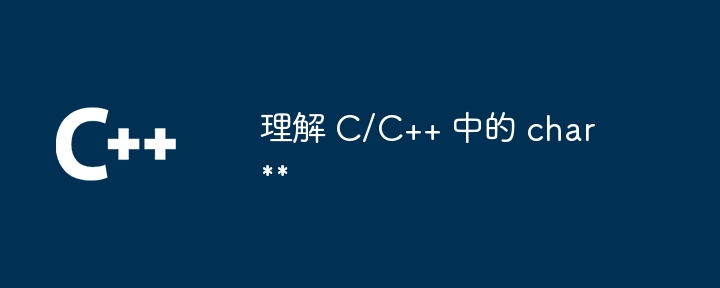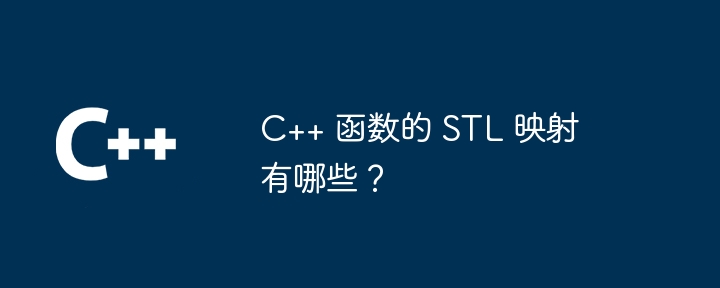
C++ 函数模板的偏特化和完全特化设置
函数模板偏特化和完全特化允许我们为特定的模板参数类型定制模板行为。这是通过提供重载版来实现的,这些重载版具有特定参数类型的显式模板参数。
偏特化
偏特化为特定参数类型(或类型组合)提供专门的实现。以下是如何设置偏特化:
立即学习“C++免费学习笔记(深入)”;
template<typename T>
void func(T x) { ... } // 默认实现
template<>
void func(int x) { ... } // 偏特化,适用于 int 参数完全特化
完全特化为特定参数类型提供精确的实现。以下是如何设置完全特化:
template<>
void func<int>(int x) { ... } // 完全特化,仅适用于 int 参数实战案例
让我们考虑一个计算矩形的面积的函数模板:
template<typename T>
T area(T length, T width) {
return length * width;
}但是,对于整型参数,我们希望优化性能:
template<>
int area(int length, int width) {
return (length + width) / 2 * (length - width);
}这个偏特化只适用于 int 参数。
另一方面,对于浮点数,我们可能需要考虑四舍五入行为。
template<>
float area(float length, float width) {
return std::roundf(length * width);
}这就是完全特化的用法。它完全取代了 float 参数版本的默认实现。
以上就是C++ 函数模板的偏特化和完全特化如何设置?的详细内容,更多请关注php中文网其它相关文章!
版权声明:本文内容由网友自发贡献,版权归原作者所有,本站不承担相应法律责任。如您发现有涉嫌抄袭侵权的内容,请联系 yyfuon@163.com






